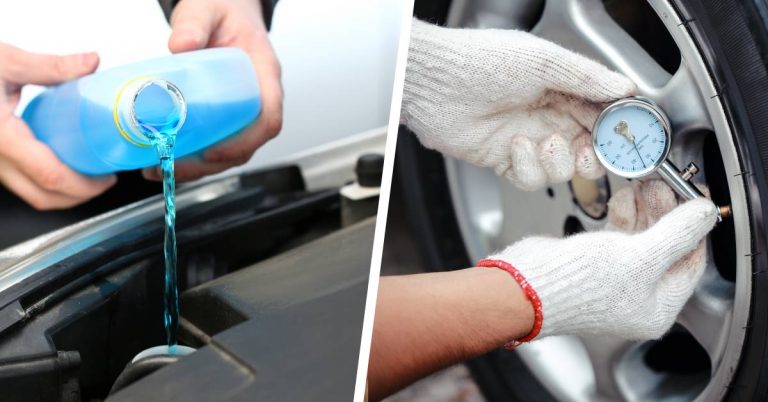Buying a car is a large investment; that’s for sure. At least that’s what most people think before they buy one. But soon after, their opinion changes when they realize that there are other factors to consider before coming to that conclusion. And maintenance is one of those factors.
Did you know that you can spend $5500 on your car annually? And this is just an estimate; otherwise, this cost can go as high depending on the type of car you own. Fuel is yet another expense that can affect the cost of running a car. If you think about all the unpredictable things that may happen, you will realize that buying a car is just the beginning.
While this is true, regularly maintaining your car is crucial to keep it in good condition and ensure safe driving. Lack of maintenance increases wears and tear and unnecessary breakdowns, which are costly to repair. But this is the least of your problems. The vehicle owner must ensure to get TCM automotive repair as it is quite essential to enjoy the best driving experience. Driving a poorly maintained car can lead you into an accident, causing severe physical injuries, permanent disability, and in extreme cases, death.
Owning a car comes at a cost. So, if you decide to buy one, then regular maintenance with Black Label Automotive is a must regardless of the cost. If it’s not to keep it in good condition, it’s secure your life and that of your passengers. That has no price tag.
To ensure effectiveness in your maintenance, there two critical inspections you need to do
- Car fluid inspections
- Tire Pressure Inspections
Car Fluid Inspections
Fluids are essential to almost every aspect of your car, from the engine, cooling system, brake system, steering system, etc. Eventually, their levels may go down or deteriorate to affect the performance of your car. Regular inspections will help you determine when to refill and when to change them. here are six car fluids to inspect
1. Engine Oil
Engine oil is the second most Important car fluid after fuel. Its work is to ensure that your engine is running well by,
- Lubricating to prevent friction inside the engine
- Cooling
- Sealing
- Slow down corrosion
- Cleaning
Apart from that, a well-maintained pump will also,
- Extend the lifespan of the engine
- Lower the fuel consumption and carbon dioxide emissions
2. Coolant
The purpose of a coolant is to prevent your car from overheating, and by maintaining it, you will only maximize this benefit.
Inspect the fluid semi-annually to confirm the level and refill when necessary. Replace it at least once after every two or three years.
3. Transmission Fluid
Transmission fluid works like the engine oil, only that its work is to lubricate and cool the inside of your transmissions. These include gears, valves, and clutches.
Use a dipstick to manually check the fluid levels and do it simultaneously when inspecting your engine oil. For those cars that do not have a dipstick, you might need help from a professional transmission fluid change in kingwood to change and check the levels.
Replace your transmission oil after every 30000 miles.
4. Brake Fluid
The function of the brake fluid is to ensure that your braking system is working rightly. Inspect your brake fluid every time you change your oil or once per year.
Replace it immediately if you notice any changes in its color, but do not let it go beyond two years.
5. Power Steering Fluid
Power steering fluid is to stabilize your steering system to make it easy for you to navigate when driving. There is no specific time frame to replace the power steering fluid, but you still need to inspect it at least once per month.
To do it manually, look for a reservoir or dipstick.
6. Windshield Washer Fluid
Windshield washer fluid has nothing to do with the car’s performance, but it’s so important to ensure safe driving. It ensures that your windshield remains very clear for you to see through when driving; otherwise, you will find yourself in an accident.
Inspect your windshield washer fluid every time you service your car and once after two months.
Tire Pressure Inspection
Most people inspect their tires only after they spot some physical damage. They believe that tires will lose their pressure only after they tear or have some external damage; this is not true. On the contrary, your tires lose their pressure even without a puncture or any other form of damage.
Driving with a deflated tire(s) poses very many safety risks for you and the passengers inside your car. Inspecting your tire to confirm that the pressure levels are as recommended will not extend their lifespan, but it will also keep you and your passengers safe.
Conclusion
In most parts of the world, road accidents account for the most physical injuries and fatalities. If you take a closer look, you will realize that a significant number of them are due to negligence or maintenance-related.
Your life is more important, so make sure you inspect your car fluid and tires regularly to protect it.
